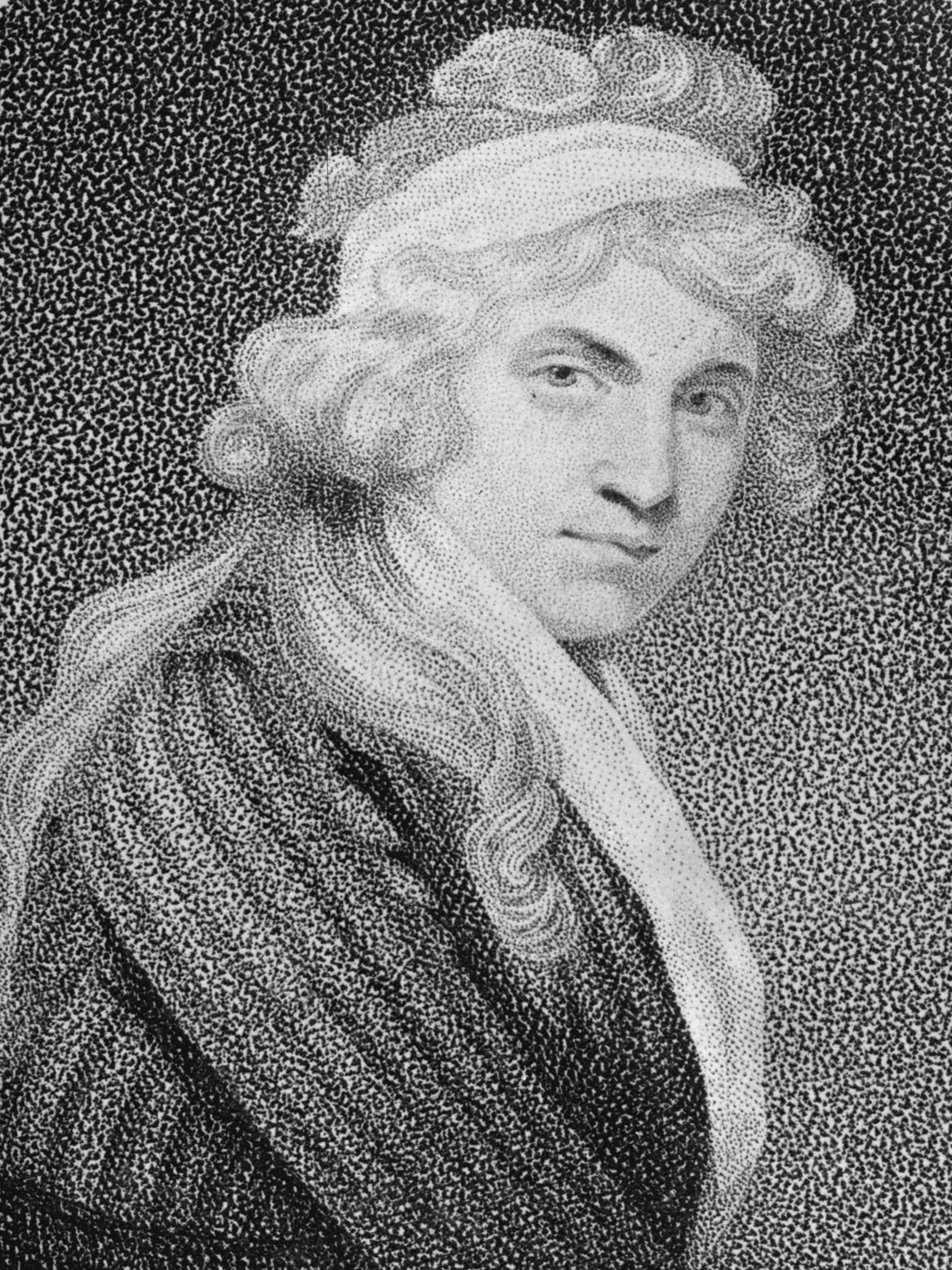Feminism to be dropped from A-level politics syllabus under Department for Education plans
A consultation on the plans is running until 15 December and campaigners have urged the public to respond

Feminism is to be dropped from the A-level politics syllabus under Department for Education plans, angering sexual equality campaigners.
A dedicated section on the movement – which includes the study of issues around sex and gender – would be dropped. Some topics, such as suffragettes, would remain but distributed across the course, including in a wide-ranging section called “pressure groups”. And only one woman, the philosopher Mary Wollstonecraft, would be among seven political thinkers to be studied.
A consultation on the plans is running until 15 December and campaigners have urged the public to respond. A petition had already attracted more than 5,300 signatures from opponents last night.
June Eric-Udorie, who started the petition, said: “The problem with erasing and writing women out of history is that we only get half the story.
“When women are underrepresented in society, the government should be working to address this problem. It has been said that you cannot be what you cannot see.
“Female role models are important. Women like Kimberlé Crenshaw, who coined the theory of intersectionality; Catherine MacKinnon, an American feminist lawyer; Emma Goldman, anarchist and political activist; Audre Lorde, black feminist writer; Ayn Rand, Russian novelist and philosopher; and Simone de Beauvoir, French writer and social theorist. We must show women to be inspired by and be taught that the ideas of feminism and gender equality are important.”
Sophie Walker, the leader of the Women’s Equality Party, said her party was “appalled” at the plans which would see the removals of topics of sex/gender, gender equality, and patriarchy. “The proposed new syllabus features just one woman – Mary Wollstonecraft – categorised under the ‘liberalism’ section. It is a shocking example of the gender bias so prevalent in our education system,” she said.
“The political history taught to our children is already hugely biased in favour of men’s achievements and institutions. The plan to shoehorn feminism, one of the most important and ongoing political forces in modern history, under the banner of ‘pressure groups’ is both insulting and misguided.”
Jacquelyn Guderley, the co-founder of the Stemettes, a social enterprise that encourages girls and young women to pursue careers in Stem subjects (science, technology, engineering and maths) warned that the move would halt progress and silence “women’s voices of the past”.
She said: “If we know nothing of key social and political milestones – women gaining the right to graduate from many universities in 1920 and gaining the vote in 1928 – how can we learn and progress? How can we be thankful but hungry for more?
“This can’t happen and it won’t happen. Women’s voices are often silenced. Let’s not let them silence the women’s voices of the past too.”
A DfE spokeswoman said that feminism would still be part of the sociology A-level. She said: “We want schools to highlight the issues faced by women from all walks of life and ages in history, including the work of key female political thinkers within the ideologies covered and in UK and global politics. We are carrying out a consultation on politics A-level, and as always we will listen carefully to the views of the sector.”
Profile: Mary Wollstonecraft
Mary Wollstonecraft was an 18th-century English writer, philosopher and advocate of women’s rights.
Wollstonecraft is best known for “A Vindication of the Rights of Woman” (1792), one of the earliest works of feminist philosophy, in which she argues that women are not inferior to men, but appear to be only because they have been denied education. She called for women to be treated as human beings with the same fundamental human rights as men, rather than as items of property to be traded in marriage.
She also demanded education for women, and for sexual equality in areas of life such as morality. Her stance was radical in the 18th century because it exposed sexual double standards and called for men to adhere to the same virtues as women.
Wollstonecraft also wrote “Maria: or, The Wrongs of Woman”, which asserted that women had strong sexual desires and that it was degrading and immoral to pretend otherwise.
The ideas expressed in Wollstonecraft’s essays were radical and stirred up controversy at the time, causing statesman Horace Walpole to call her “a hyena in petticoats”.
Her unconventional private life received more attention than her work. She had a relationship with the American author Gilbert Imlay, by whom she had a daughter.
She later married William Godwin, the political writer and novelist, but died aged 38, just 11 days after giving birth to their daughter. This daughter, Mary Wollstonecraft Godwin, is better known as Mary Shelley, the author of “Frankenstein”.
Sarah Cassidy and Rachael Pells
Join our commenting forum
Join thought-provoking conversations, follow other Independent readers and see their replies
Comments